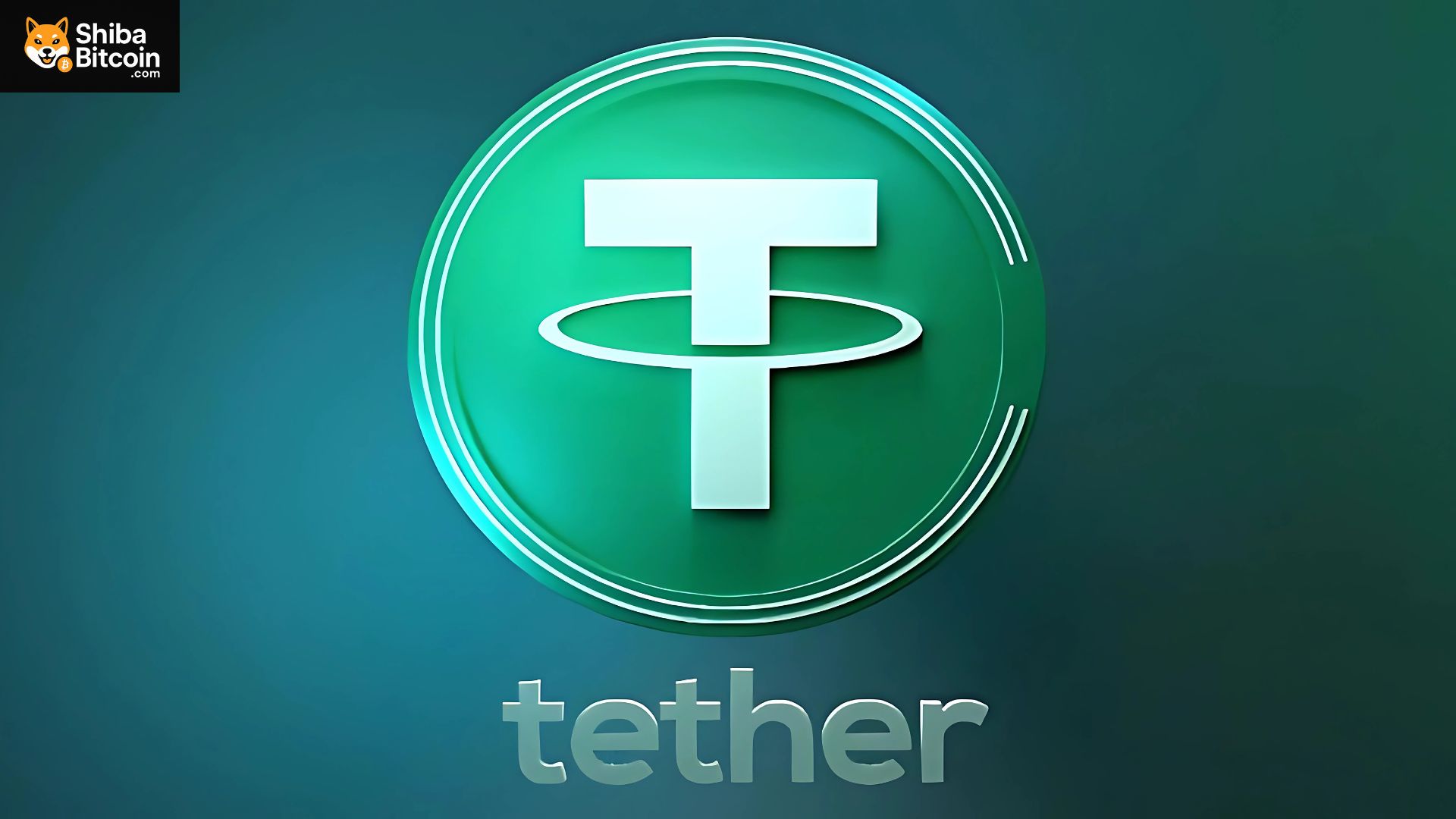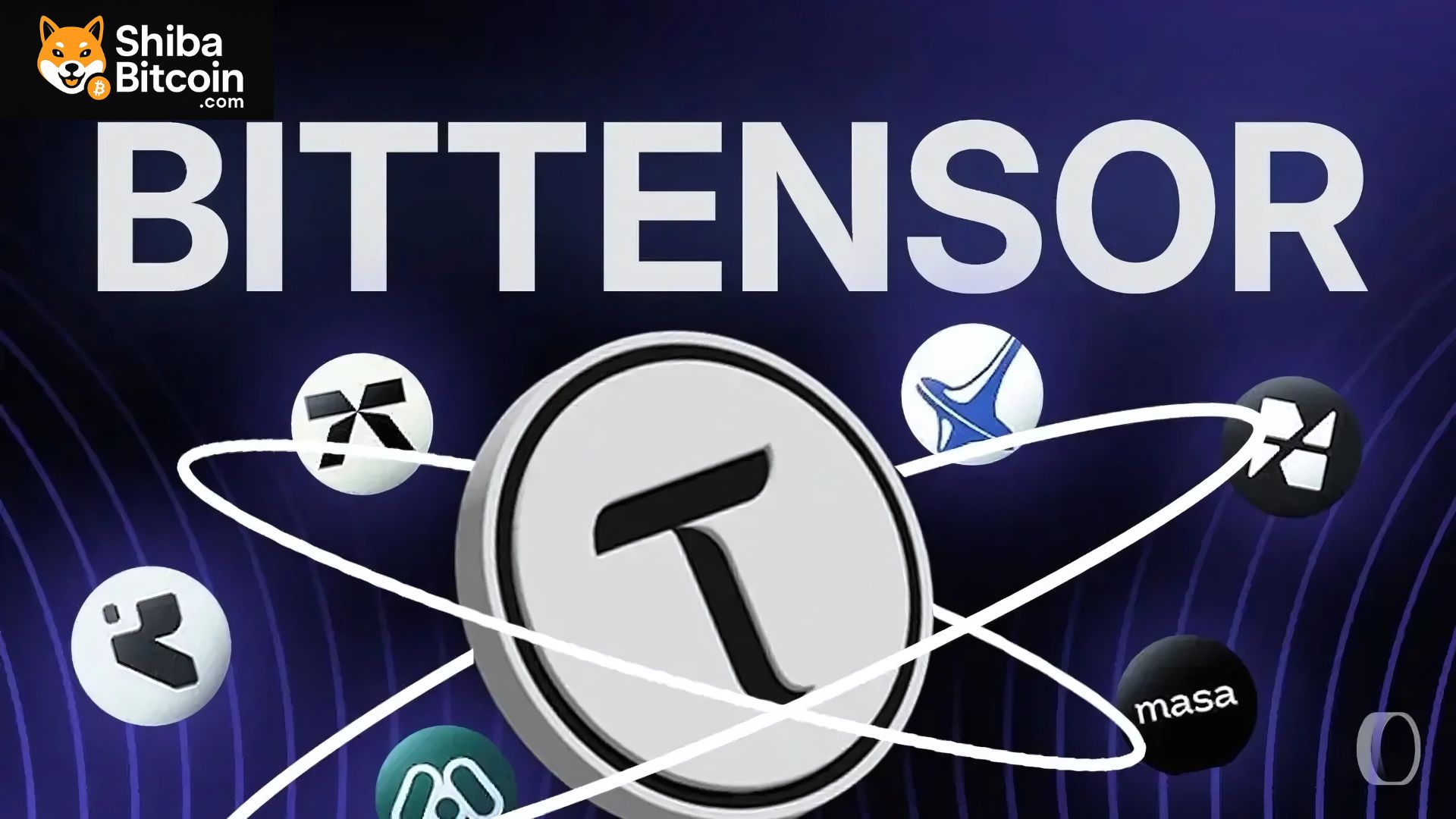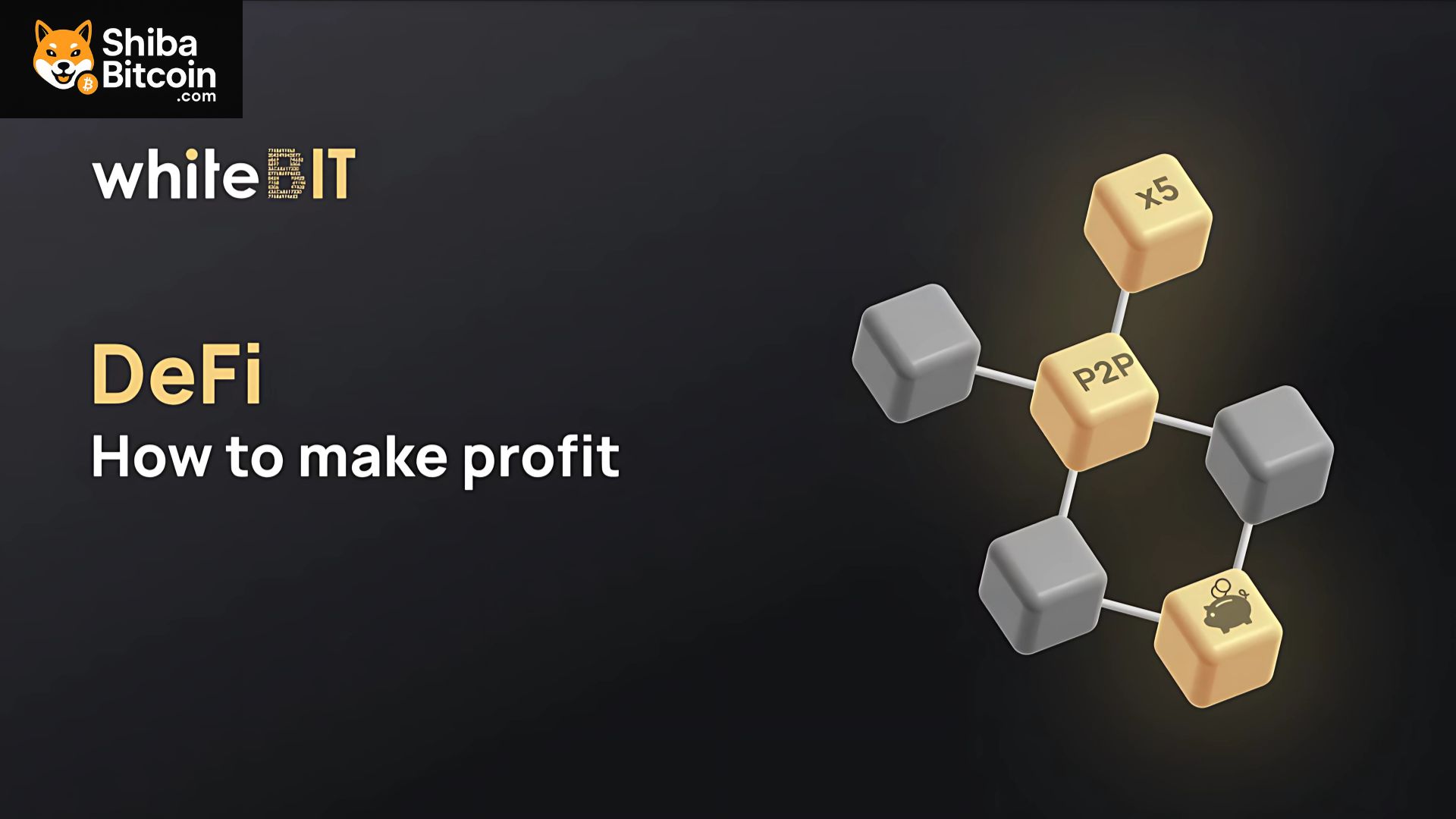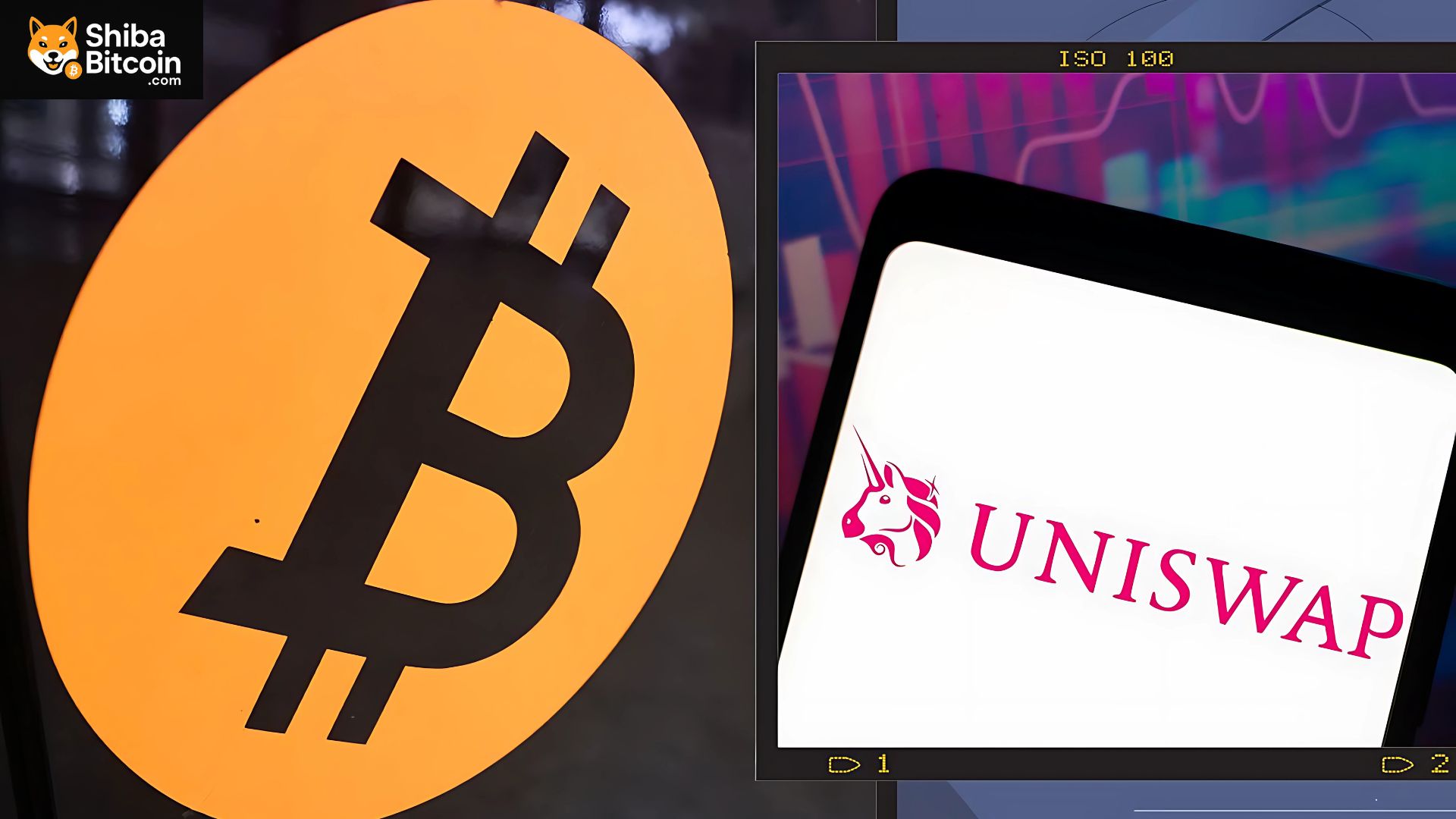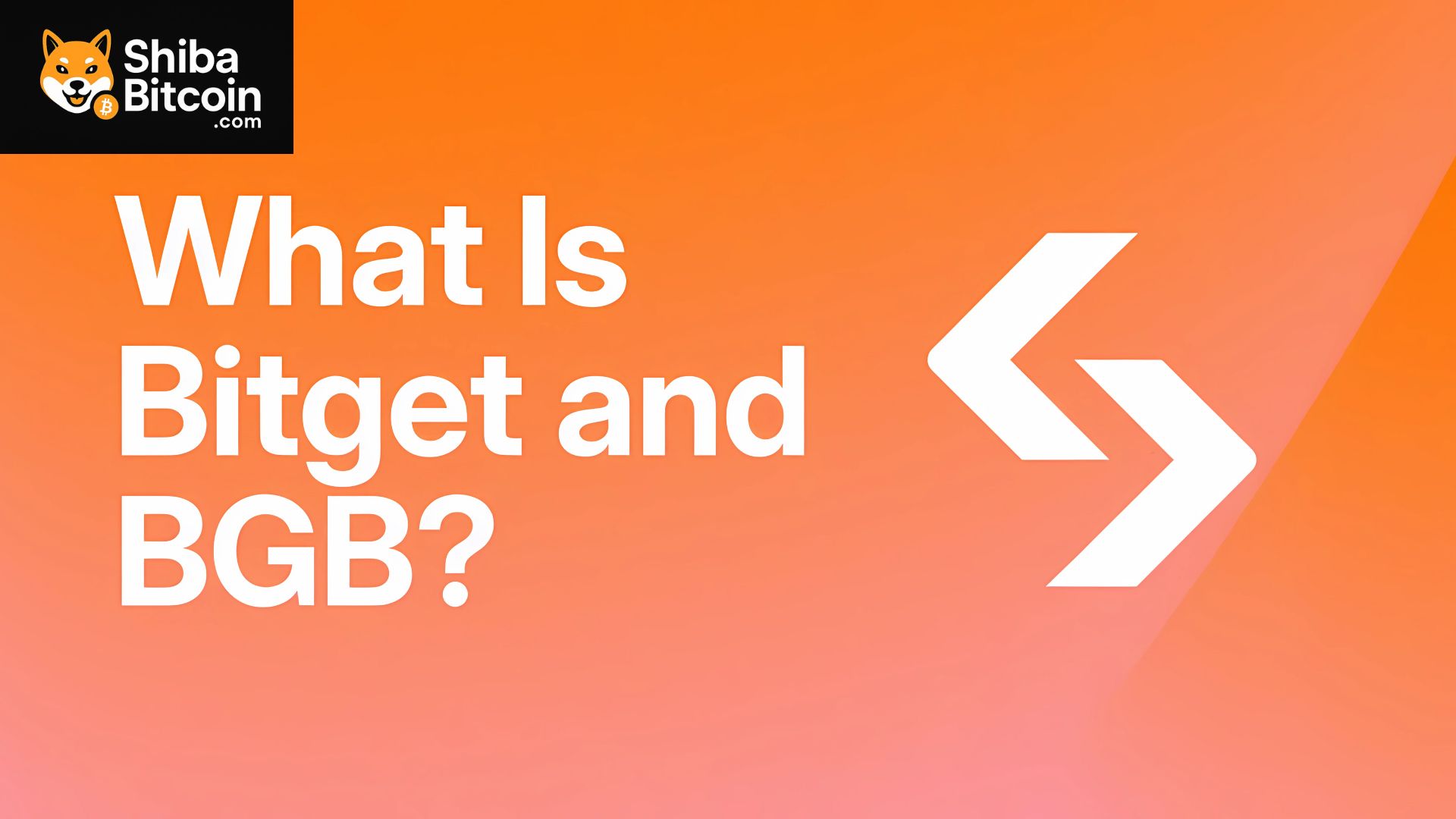In the ever-evolving world of cryptocurrency, Tether (USDT) holds a special place. Known as a stablecoin, Tether offers stability in a market famous for its price swings. But what exactly is Tether used for? Is it legal in India? Can it be converted into cash? Let’s break it down simply.
What is a Tether Used For?
Tether (USDT) is primarily used as a “stablecoin” — a cryptocurrency that is pegged to the US dollar.
Main Uses of Tether:
✔️ Trading Pair: Used on exchanges to trade against Bitcoin, Ethereum, and other cryptos without converting to fiat currency.
✔️ Store of Value: Offers stability when crypto prices crash, acting as a “safe zone” for investors.
✔️ Payments & Transfers: Some businesses and individuals accept Tether for cross-border payments.
✔️ DeFi & Staking: Used in decentralized finance apps for lending, borrowing, and yield farming.
Is Tether Legal in India?
As of 2025, Tether (USDT) is not officially banned in India but is under regulatory scrutiny.
✔️ You can buy, sell, and hold Tether legally on major Indian exchanges like WazirX, CoinDCX, and ZebPay.
✔️ However, the government requires KYC (Know Your Customer) verification and taxes on crypto profits.
✔️ RBI and SEBI are working on final regulations, but no direct restriction on Tether exists right now.
What Does the Word “Tethers” Mean?
In the general English language, “Tethers” means a rope or chain used to tie something down — keeping it in place.
The name “Tether” for the cryptocurrency symbolizes this idea of being “tied” to a stable value (USD), unlike other volatile cryptocurrencies like Bitcoin or Ethereum.
Is Tether a Risk?
While Tether offers stability, it is not risk-free. Here are the potential risks:
- Regulatory Risks:
Tether Ltd. has faced multiple legal inquiries globally. Future bans or restrictions can impact its value. - Lack of Transparency:
Critics argue about whether Tether has sufficient USD reserves backing every issued coin. - Counterparty Risk:
Trusting that Tether’s issuing company holds its promise is a key risk. If the company fails, USDT could lose value. - Usage in Illegal Activities:
Because of its ease of transfer, some fear Tether can be misused for money laundering, inviting tighter government scrutiny.
Can Tether Be Converted to Cash?
Yes, you can convert Tether (USDT) to real cash:
✔️ Indian Exchanges: Platforms like WazirX and CoinDCX allow you to sell Tether and withdraw INR directly to your bank account.
✔️ P2P Transactions: You can also sell USDT in peer-to-peer (P2P) markets for INR.
✔️ Global Exchanges: International exchanges let you sell Tether for USD or other fiat currencies, which can then be transferred to a bank.
Final Verdict: Is Tether Worth It in 2025?
Tether is extremely useful for crypto traders and investors looking for a safe place during market volatility. But it carries some transparency and regulatory risks. If you plan to hold USDT, make sure you use reliable platforms and stay updated on legal changes in India.
Quick Summary Table:
| Query | Quick Answer |
|---|---|
| What is Tether used for? | Trading, Payments, DeFi, Value storage |
| Is Tether legal in India? | Yes, but under regulatory watch |
| Meaning of “Tethers” | Something tied or secured |
| Is Tether risky? | Yes – Transparency, regulation, misuse risks |
| Can Tether be converted to cash? | Yes – via Indian & global exchanges, P2P |
Other Using Link
Can I Buy Bitcoin in ₹100?
